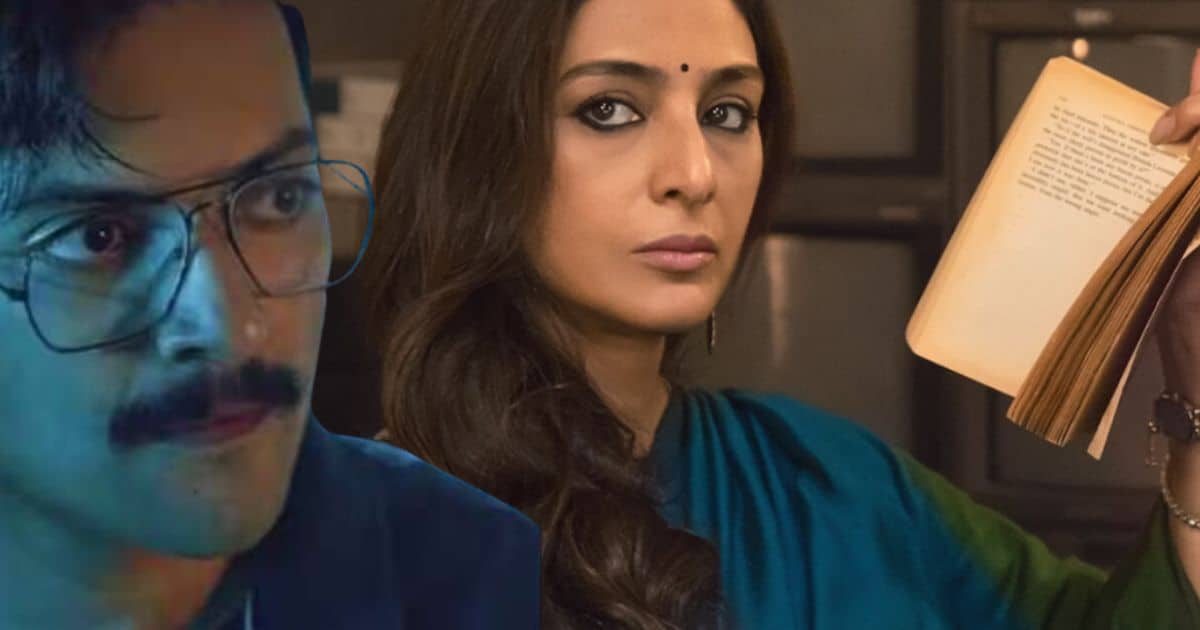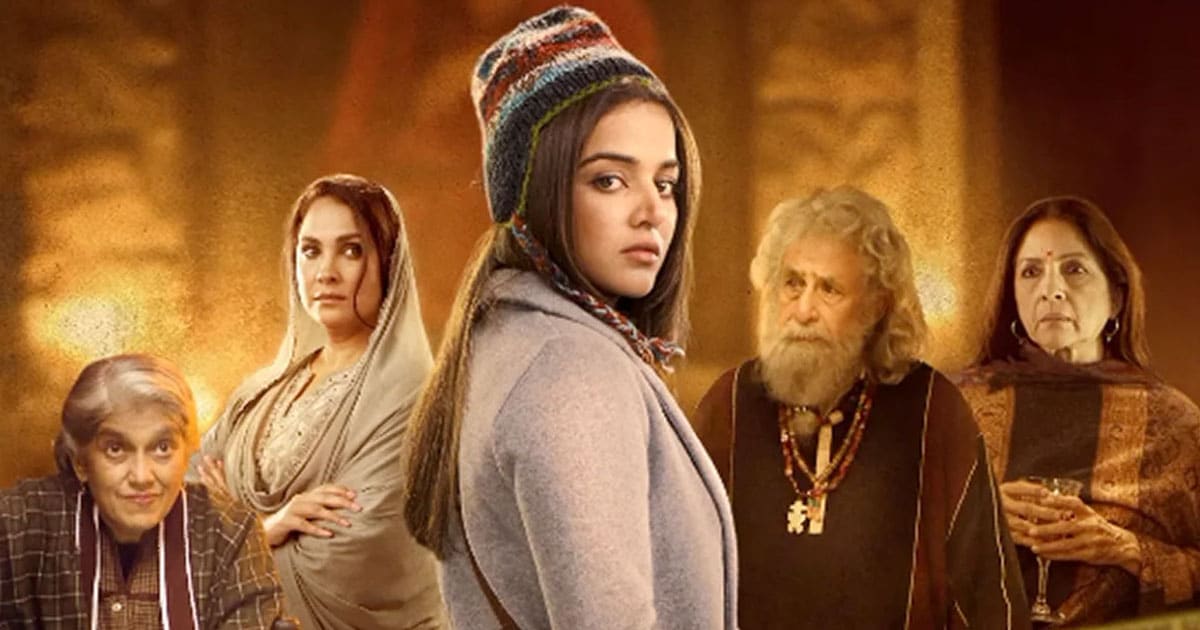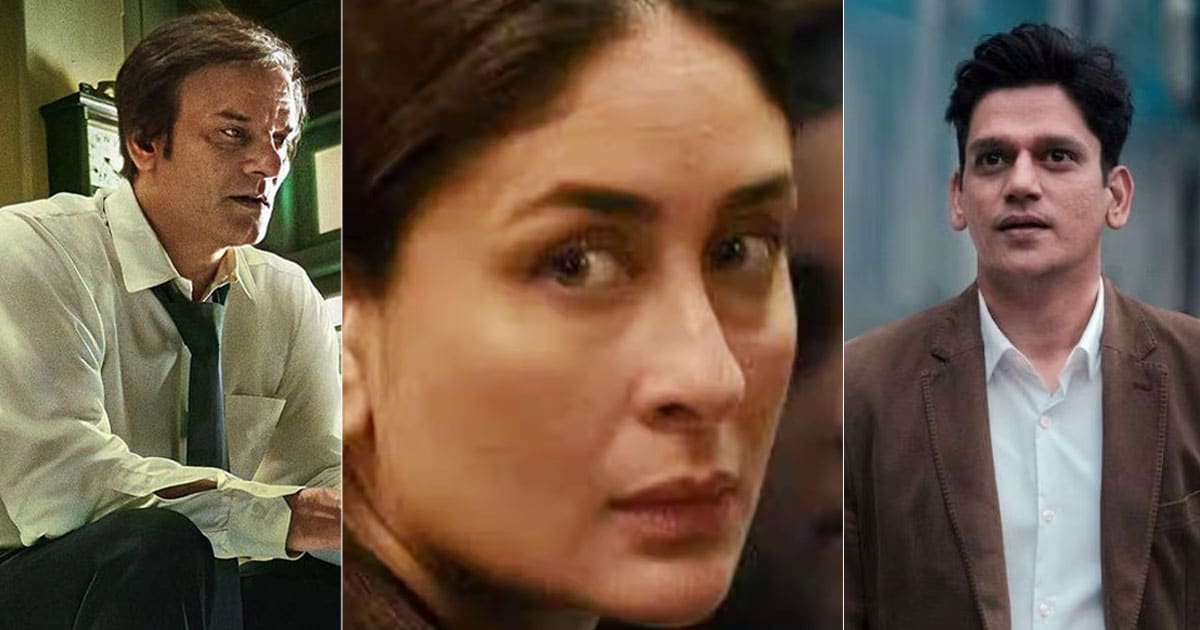As I settled into my seat, anticipation hung in the air. Vishal Bhardwaj, a maestro of multiple artistic domains, had once again summoned his creative prowess to craft Khufiya. This film promised to be more than a typical spy thriller; it aimed to intertwine a deeply engaging human narrative with espionage intrigue, all while drawing strength from the compelling performances of its female protagonists and a unique narrative. However, as the credits began to roll, I found myself in a state of mixed emotions, appreciating the film’s artistic elements while also acknowledging its inherent limitations.
Khufiya unfolds against the backdrop of the complex world of espionage, a genre that often struggles to translate from the pages of spy novels to the screen. Bhardwaj’s adaptation of Amar Bhushan’s Escape To Nowhere takes creative liberties, flipping the gender of characters and introducing new elements to make the story more palatable for Indian audiences.

The film delves into a web of intrigue set in a time when extremist forces in Bangladesh are allegedly colluding with Pakistan’s ISI to create a terror network along India’s eastern border.
Tabu, one of India’s finest actresses, takes on the role of Krishna Mehra, a seasoned Indian intelligence agent leading a team on a mission to collaborate with democratic forces in Dhaka. Her performance, as expected, is nothing short of remarkable. Tabu effortlessly portrays the complexities of a shrewd officer balancing her professional responsibilities with personal demons, including a failed marriage, parenting challenges, and unresolved love.
Wamiqa Gabbi’s portrayal of Charu truly shines. As a character who oscillates between embracing sensuality and displaying vulnerability, Gabbi navigates Charu’s emotional journey with finesse. Bhardwaj’s direction, as always, brings out the best in his actors, and Gabbi’s performance is a testament to his skill as a filmmaker.
Ali Fazal, playing Ravi, adds an element of charm to the film. His character’s ambiguity keeps the audience guessing, and Fazal’s effortless charisma makes Ravi’s potential duplicity all the more intriguing. Yet, the limited screen time allocated to Ali Fazal leaves the audience wanting to delve deeper into his character’s motivations and backstory.
One aspect of Khufiya that left me wanting more was the limited screen time given to Ali Fazal’s character, Ravi. While Fazal’s natural charm and charisma hinted at the potential complexity of Ravi’s character, the film unfortunately never delved deep enough into his motivations or backstory. I found myself yearning to spend more time with Ravi to understand the factors that led him down the path of betrayal. A more extensive exploration of his character would have added depth to the narrative, allowing the audience to connect with him on a deeper level and potentially understand his choices.
Supporting actors like Atul Kulkarni and Ashish Vidhyarthi lend weight to their respective roles, enhancing the overall ensemble cast to an extent. Azmeri Haque Badhon, who portrays Heena Rehman, Mehra’s fellow agent, makes a strong impression despite her brief appearances on screen. Shataf Figar, in the role of Brigadier Mirza, exudes authority and credibility as a commanding figure in uniform.
Vishal Bhardwaj, a master of multiple art forms, skillfully creates an engaging cat-and-mouse chase between Mehra and her suspects. The film’s first half keeps the audience on the edge of their seats, with Bhardwaj’s signature mood and melody drawing viewers into the narrative. The musical genius of Bhardwaj and the poetic lyrics of Gulzar are evident in songs like Na Hosh Chale, adding depth and emotion to key moments in the film.
However, it’s in the second half that Khufiya encounters some turbulence. While the first half excels in building tension and intrigue, the latter portion attempts to unravel the intricate web of international espionage involving India, Pakistan, America, and Bangladesh. This part of the story should have been given more depth and attention from the outset.
Despite its artistic merits, Khufiya is not without its flaws. Some may find the film’s slow-burning style, characteristic of Vishal Bhardwaj’s storytelling, a bit too patient for their taste. There are moments when the narrative feels disjointed, with certain scenes and subplots appearing forced or underdeveloped.
Khufiya is a moody and atmospheric film that attempts to blend the espionage genre with a deep character study of its protagonists. Vishal Bhardwaj’s direction and the performances of Tabu, Wamiqa Gabbi, and Ali Fazal elevate the film, while the musical compositions add emotional resonance. However, the film’s pacing and narrative structure may leave some viewers wanting more cohesiveness and depth in its exploration of the espionage world.
Despite its shortcomings, Khufiya is worth a watch for those who appreciate slow-burning, character-driven thrillers that prioritize mood and atmosphere over rapid action sequences.
Khufiya is now streaming on Netflix.



